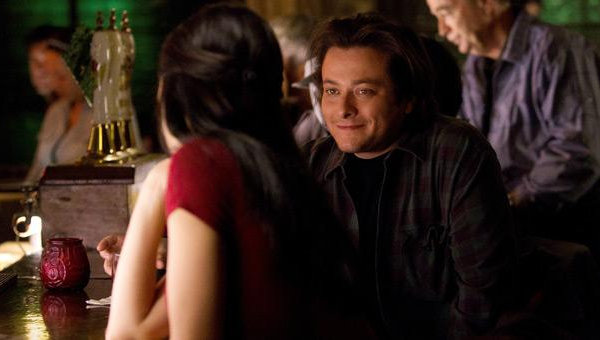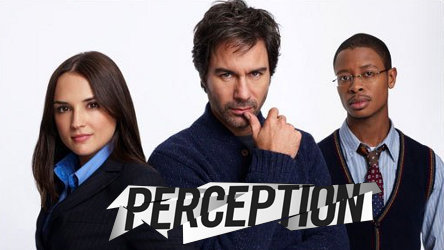- Title: Perception – Nemesis
- tv.com: link


Kate (Rachael Leigh Cook) goes out of her way to try to impress her new boss (Lisa Banes) on a case involving a federal judge (Mary Page Keller) on the short list for Solicitor General who is being stalked by a disturbed young man (Jonathan Tucker). However, the case hits far too close to home for Professor Pierce (Eric McCormack) when he learns the man in question, who believes the judge is an alien from another planet sent here to save the world, is schizophrenic.
When the judge turns up dead the FBI don’t look further than the mentally unbalanced man who Pierce had cleared as presenting no harm to the judge, despite her husband’s objections (Conor O’Farrell). Given the outcome, Kate finds herself off the case but with Pierce’s help and that of a nurse (Nicki Micheaux) they are able to locate Brady. Sadly, at least from Pierce’s point of view, they find him in possession of the murder weapon and all too willing to give a full confession.
Unwilling to let the matter rest, Pierce approaches Brady’s public defender (David H. Lawrence XVII) and agrees to help poke holes in the FBI’s case as well as come up with a complicated theory on how the young man was framed. Although Kate’s boss attempts to shake her belief in Pierce by bringing up his recent troubled medical history, Kate follows her friend, and gut, to the man (Edward Furlong) who was gaslighting Brady and the man (Tom Sizemore) behind the entire scheme.
The episode does a good job with Kate confronting Pierce about his secrets but still keeping much unsaid about the man’s many recent hallucinations. The case of Brady, although stirring up emotions for the professor, is never really in much doubt. Even with the evidence stacked against him we know, as does Pierce, that the FBI have the wrong man. “Nemesis” proves to be one of the series’ better episodes, but had the episode been played a little differently (and the man’s guilt been far more in question from Pierce’s point of view) the outcome, even the choice of a depressing one, might have worked a little better.

